LiFePO4 stands for Lithium Iron Phosphate, a type of lithium-ion battery that has garnered significant attention and application in various fields due to its advantageous properties. Known for its stability, safety, and long life, LiFePO4 batteries are a preferred choice in electric vehicles (EVs), renewable energy storage, and portable electronic devices. This article delves into the full form of LiFePO4 batteries, exploring their chemistry, benefits, applications, and future potential.
Understanding LiFePO4 Chemistry
Chemical Composition
LiFePO4 is a lithium-ion battery that uses lithium iron phosphate as the cathode material. The chemical formula for lithium iron phosphate is LiFePO4, where:
- Li stands for Lithium
- Fe stands for Iron
- PO4 stands for Phosphate
The anode is typically made of graphite, similar to other lithium-ion batteries. The electrolyte used is a lithium salt dissolved in an organic solvent, which facilitates the movement of lithium ions between the cathode and anode during charging and discharging.
Electrochemical Properties
Lithium iron phosphate batteries operate through the movement of lithium ions between the cathode and anode. During discharge, lithium ions move from the anode to the cathode, releasing energy. During charging, these ions move back to the anode. The stable olivine structure of LiFePO4 allows for a safer and more reliable battery.
Advantages of LiFePO4 Batteries
Safety and Stability
One of the most significant advantages of LiFePO4 batteries is their safety. Unlike other lithium-ion batteries that can be prone to thermal runaway and overheating, LiFePO4 batteries are chemically stable and less likely to catch fire. This stability is due to the strong covalent bonding within the phosphate ion, which reduces the risk of oxygen release and subsequent combustion.
Long Cycle Life
LiFePO4 batteries have a much longer cycle life compared to other lithium-ion batteries. They can endure more charge and discharge cycles typically between 2,000 to 5,000 cycles before experiencing significant capacity degradation. This long cycle life makes them ideal for applications requiring frequent and prolonged use.
High Discharge Rate
These batteries can provide a high discharge rate, making them suitable for high-power applications. They can deliver bursts of energy quickly and efficiently, which is crucial for applications like electric vehicles and power tools.
Environmentally Friendly
LiFePO4 batteries are more environmentally friendly than other lithium-ion batteries. They do not contain harmful heavy metals like cobalt or nickel, which are often used in other battery types. This makes LiFePO4 batteries easier to recycle and less damaging to the environment.
Lightweight and Compact
Despite their robust performance, LiFePO4 batteries are relatively lightweight and compact. This characteristic makes them highly suitable for portable applications where weight and space are critical factors.
Applications of LiFePO4 Batteries
Electric Vehicles (EVs)
LiFePO4 batteries are increasingly used in electric vehicles due to their safety, long cycle life, and high discharge rates. The ability to withstand numerous charge cycles without significant capacity loss makes them a cost-effective solution for EV manufacturers. Additionally, their safety features make them a reliable choice for automotive applications where safety is paramount.
Renewable Energy Storage
In renewable energy systems, such as solar and wind power installations, energy storage is crucial for managing intermittent energy supply. LiFePO4 batteries are ideal for these applications due to their long lifespan and ability to discharge efficiently. They can store excess energy generated during peak production times and release it when production is low, ensuring a stable power supply.
Portable Electronics
While not as common as other lithium-ion batteries in small consumer electronics, LiFePO4 batteries are used in certain high-performance portable devices. Their stability and long cycle life make them suitable for applications where safety and longevity are essential, such as in medical devices and emergency equipment.
Power Tools
LiFePO4 batteries are also used in power tools that require high discharge rates and reliable performance. The batteries' ability to deliver bursts of power makes them ideal for tools that need a lot of energy in short periods.
Marine and RV Batteries
The robustness and reliability of LiFePO4 batteries make them a popular choice for marine and recreational vehicle (RV) applications. They can provide consistent power over long periods and withstand harsh environmental conditions, such as varying temperatures and humidity levels.
Comparison with Other Lithium-ion Batteries
Lithium Cobalt Oxide (LiCoO2) Batteries
LiCoO2 batteries are commonly used in consumer electronics due to their high energy density. However, they have a shorter cycle life and are less stable compared to LiFePO4 batteries. The use of cobalt also raises ethical and environmental concerns, as cobalt mining can be hazardous and environmentally damaging.
Lithium Manganese Oxide (LiMn2O4) Batteries
LiMn2O4 batteries offer a good balance between energy density and safety. However, they have a shorter lifespan than LiFePO4 batteries. They are often used in power tools and medical devices but are not as widely adopted in EVs and renewable energy storage.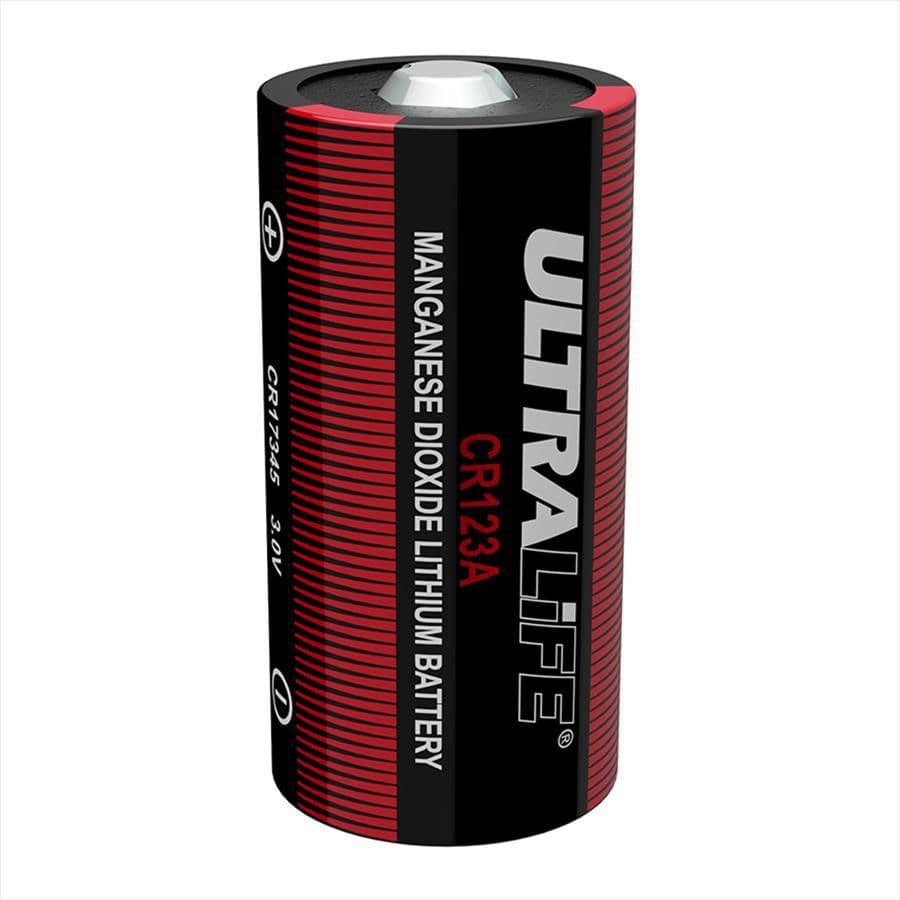
Lithium Nickel Manganese Cobalt Oxide (LiNiMnCoO2 or NMC) Batteries
NMC batteries are known for their high energy density and balanced performance, making them popular in EVs and portable electronics. While they offer higher energy density than LiFePO4, they are less stable and have a shorter cycle life. The use of nickel and cobalt also adds to the cost and environmental impact.
Future of LiFePO4 Batteries
Technological Advancements
Research and development in LiFePO4 battery technology continue to focus on improving energy density, reducing costs, and enhancing performance. Advances in materials science and battery design are expected to further boost the efficiency and applications of LiFePO4 batteries.
Growing Market Adoption
The market for LiFePO4 batteries is expected to grow significantly, driven by increasing demand for electric vehicles, renewable energy storage, and safer battery technologies. Governments and organizations worldwide are investing in sustainable energy solutions, further propelling the adoption of LiFePO4 batteries.
Environmental Impact
As the world shifts towards more sustainable energy sources, the environmentally friendly nature of LiFePO4 batteries will play a crucial role. Their ease of recycling and lack of harmful heavy metals make them a preferred choice for environmentally conscious consumers and industries.
Final Word
LiFePO4, or Lithium Iron Phosphate batteries, represent a significant advancement in battery technology. Their safety, long cycle life, high discharge rate, and environmental friendliness make them an ideal choice for a wide range of applications, from electric vehicles and renewable energy storage to portable electronics and power tools. As technological advancements continue and market adoption grows, LiFePO4 batteries are set to play a pivotal role in the future of energy storage, contributing to a more sustainable and efficient energy landscape.

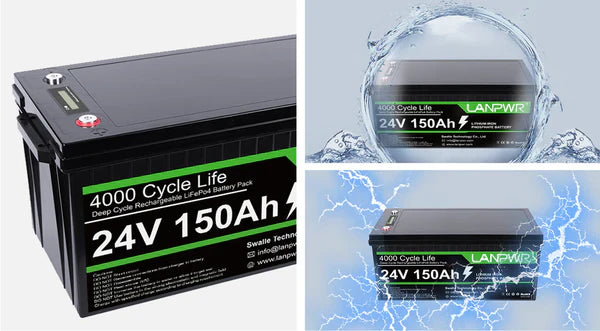
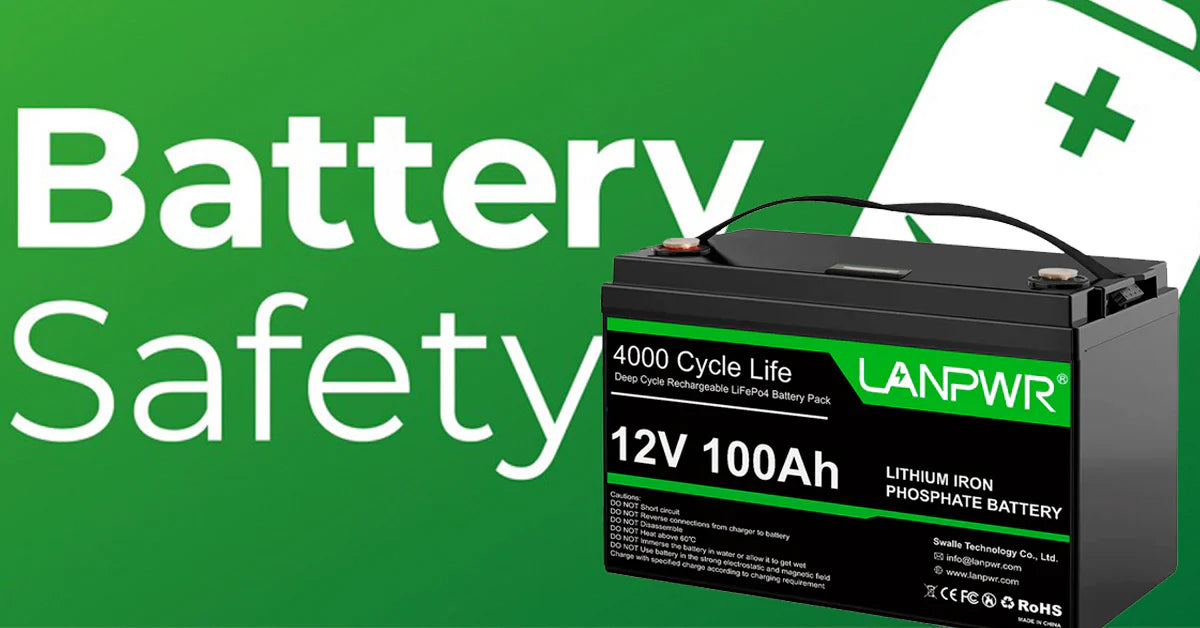



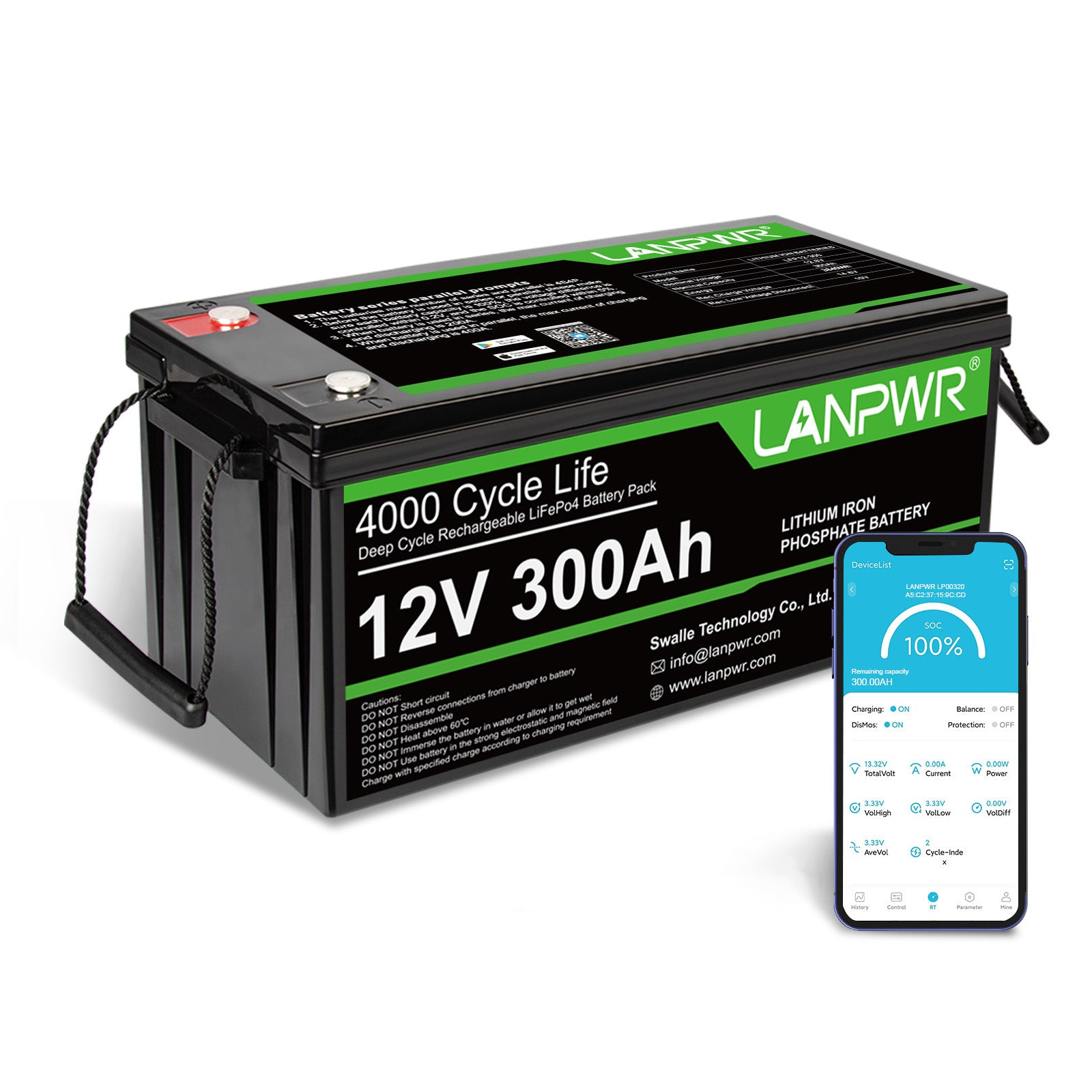
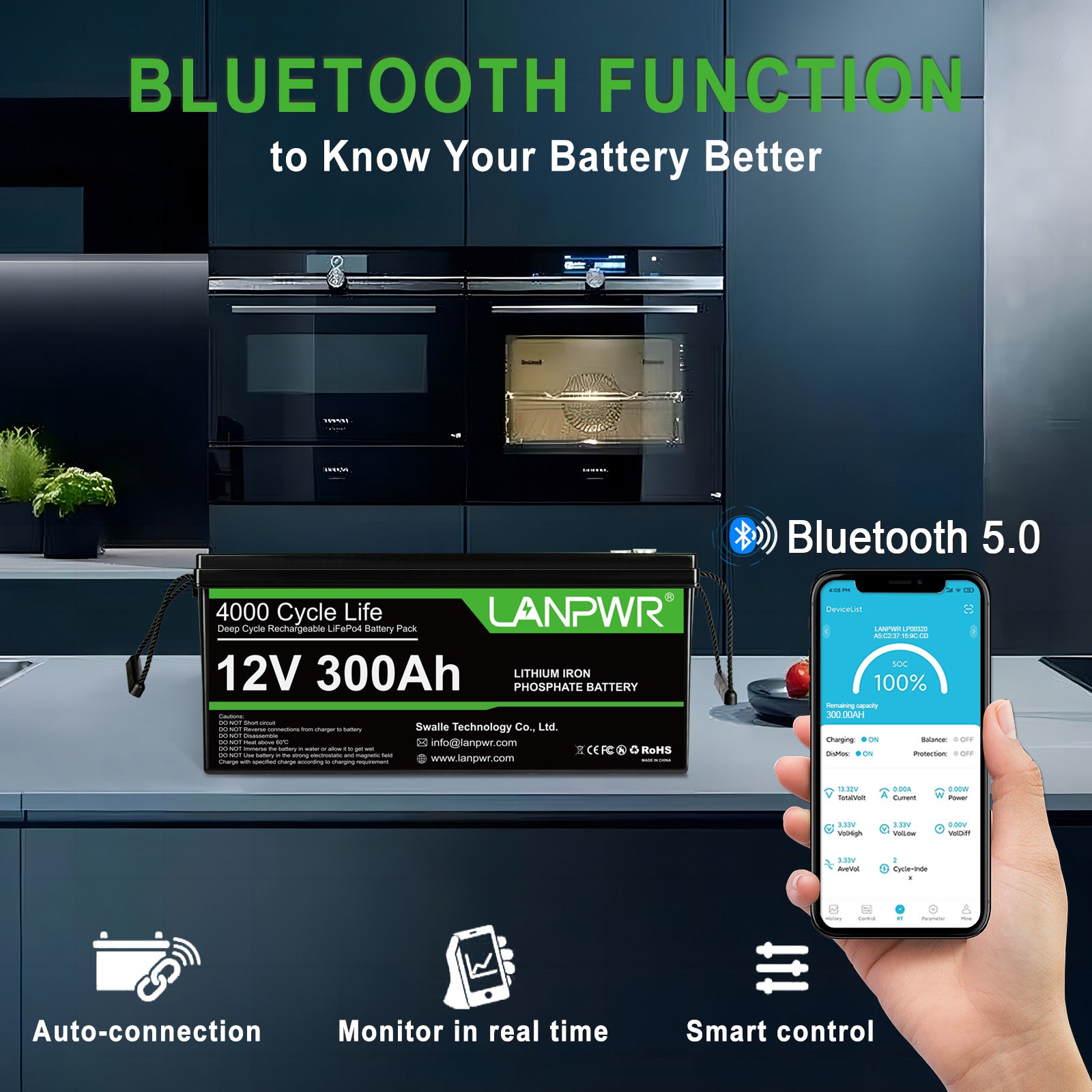
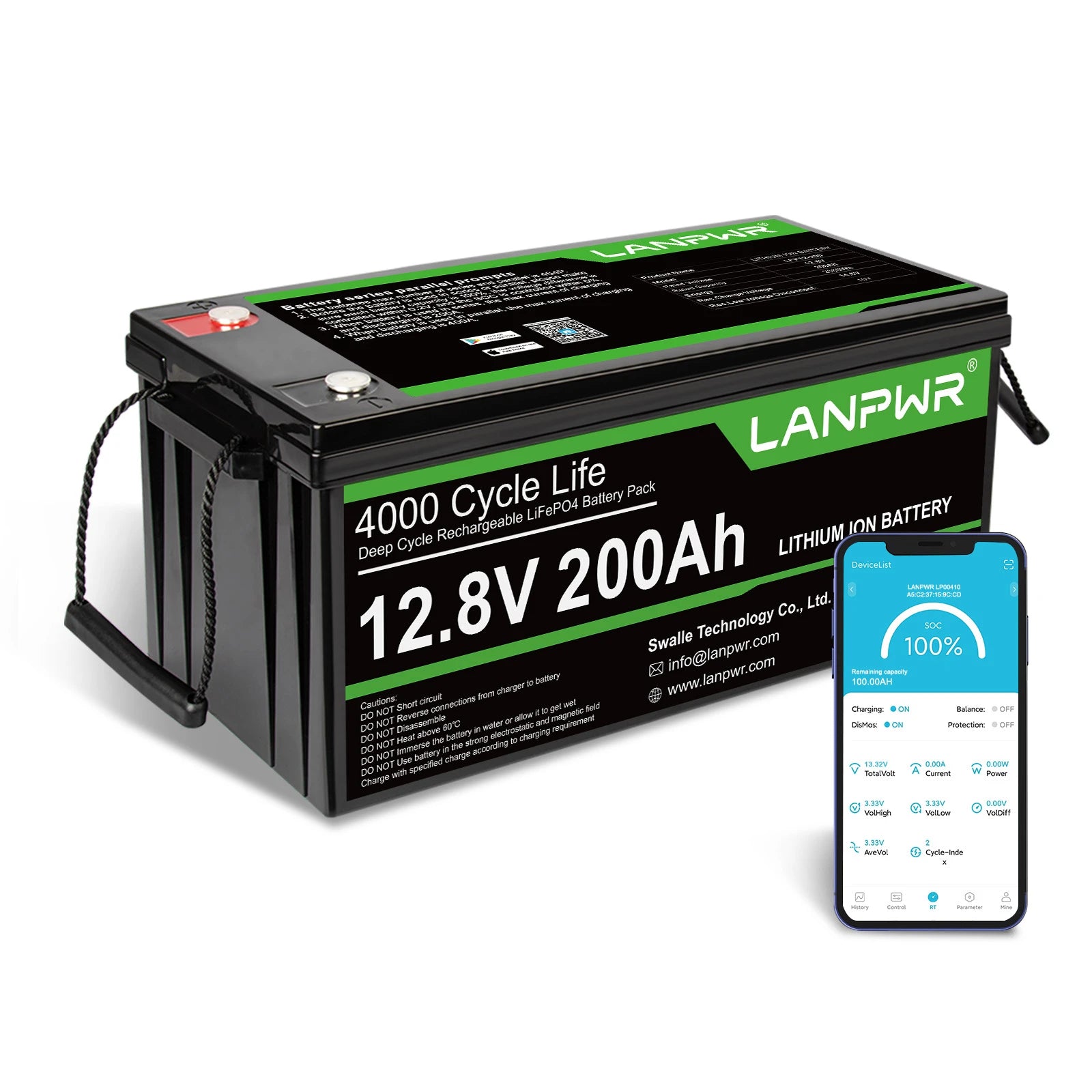
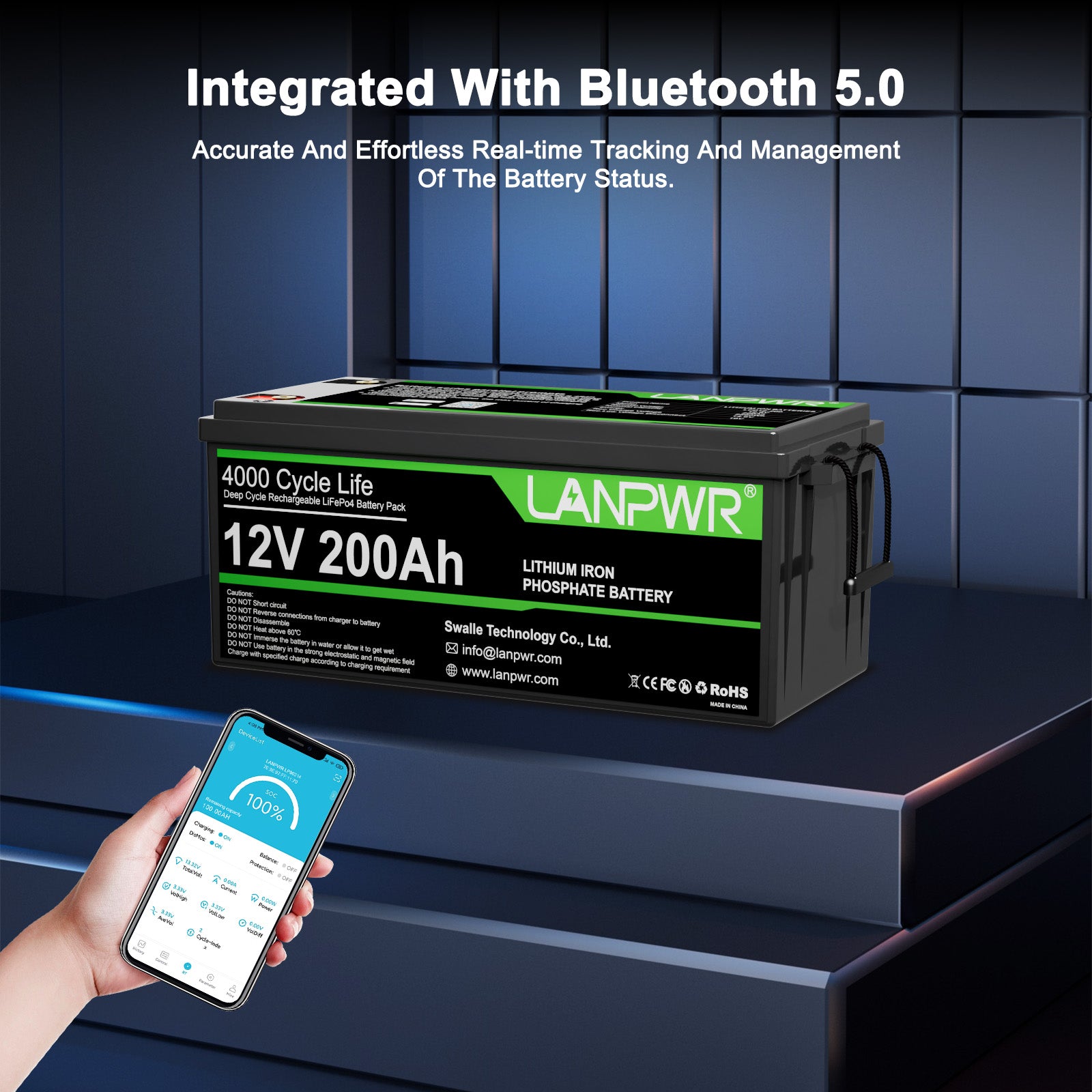
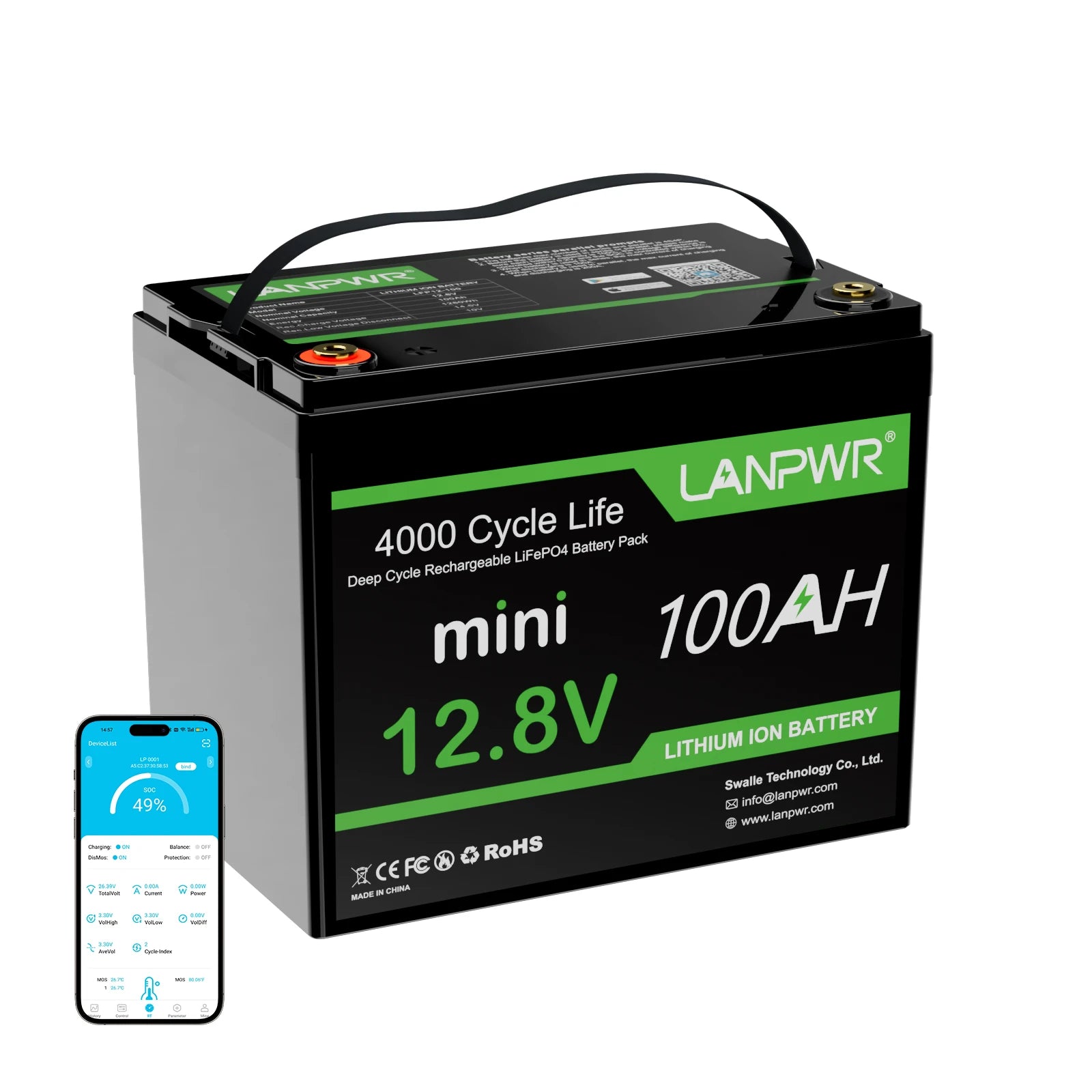

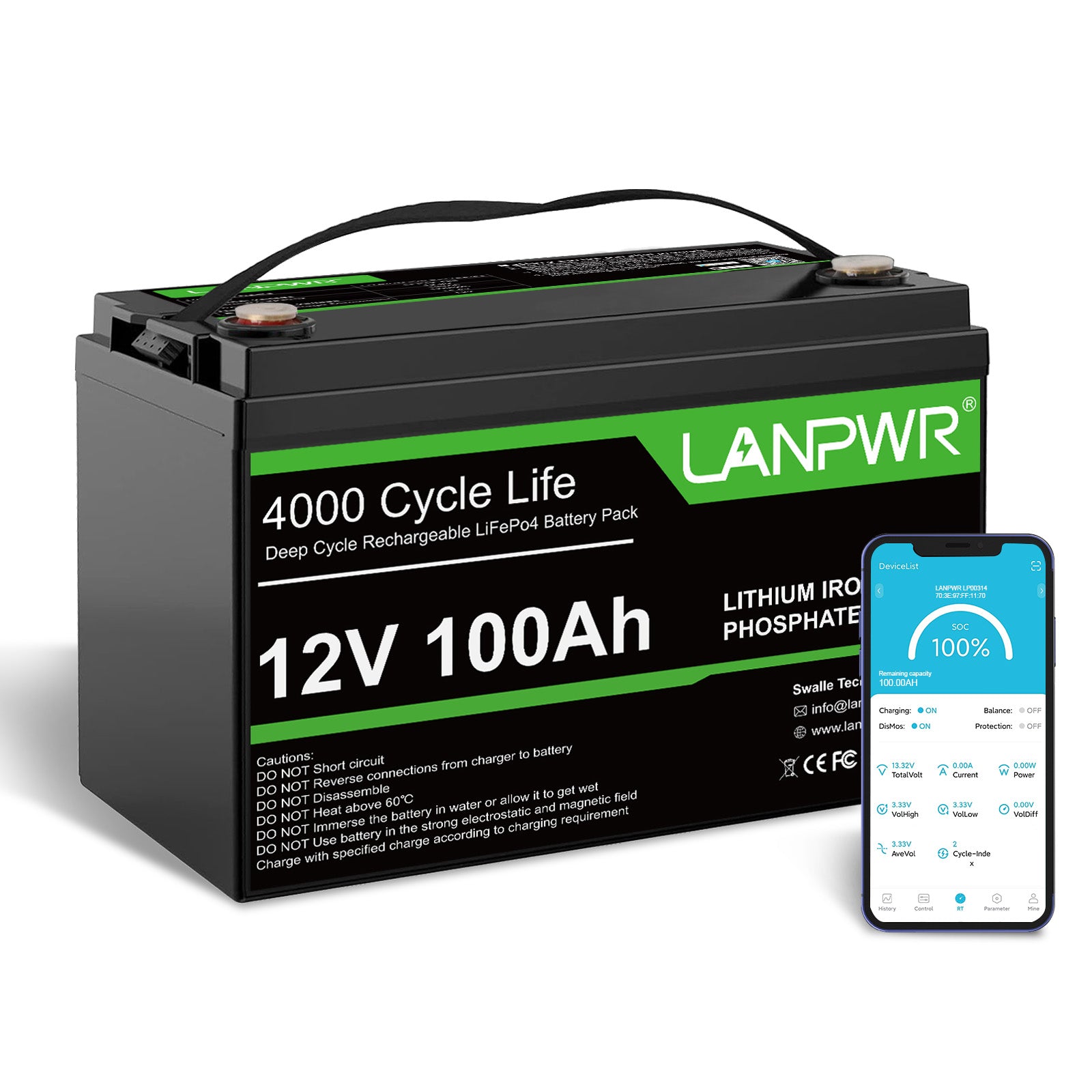

Leave a comment
This site is protected by hCaptcha and the hCaptcha Privacy Policy and Terms of Service apply.